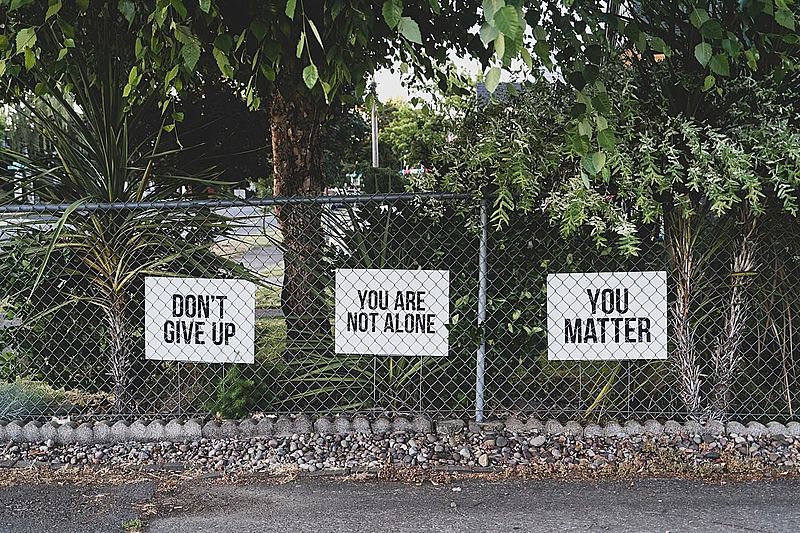What does Islam say about mental health?

What defines mental health?
In Islam, mental health, similar to physical health, is a very important aspect in a person’s well-being, as it is integral to living a healthy and balanced life. Religious scholars have also highlighted the importance of preserving one’s mind and included the preservation of the mind as one of the key and essential elements to be protected. A healthy mind is important for one to carry out one’s worldly and religious obligations. If it is ignored and not taken care of, it may lead to mental health issues.
Mental disorders, as defined by the World Health Organisation (WHO), represent disturbances to a person’s mental health that are often characterised by some combination of troubled thoughts, emotions, behaviour and relationships with others. Statistics by WHO show that in November 2019, at least 379 million people worldwide are facing mental health issues, from depression to schizophrenia. Here, 1 in 7 Singaporeans experience a form of mental health issue in their lifetime.
A taboo in society
Unfortunately, even with the gravity and seriousness of the issue, the subject of mental illness itself is a taboo issue discussed both in our wider society as well as within the Muslim community. Whenever this issue is raised, misconceptions are bound to follow. If a person is diagnosed with a mental illness, some common misconceptions are that the individual is being “disturbed” by evil spirits, or that the individual is being punished by Allah for a sin that he/she has done. Some may also claim that the illness is a sign of weak faith.
Mental health in the muslim world

It is imperative to take note that Muslim physicians and philosophers of the past, such as Abu Bakr Muhammad Ibn Zakariya Al-Razi and Abu Zayd Al-Balkhi, acknowledged the reality of mental illnesses and advocated for a balanced approach to well-being by integrating both psychological and physical aspects of health. Additionally, the Golden Age of Islam in the 8th century saw the construction of the world’s first mental hospitals and psychiatric wards.
As with all illnesses, there are its cures. As mentioned by the Messenger of Allah s.a.w, “There is no disease that Allah has created, except that He also has created its treatment.” [Sahih Bukhari]
Dealing with mental health issues
For those of us who may be facing mental health issues, or are coping with anxiety and negativity, one of the many ways that we may try to overcome these challenges, is to take a balanced approach of both spirituality and practicality.
From a spiritual perspective, we can refer and relate to the Quranic and prophetic texts by internalising the meaning of the verses and sayings, accepting our humanness and weakness, acknowledging Allah’s might and never giving up on His Mercy. Those who are always in the remembrance of Allah will find happiness and relief.
Ibn Taimiyyah once said, “I have not seen anything that nourishes the mind and soul, preserves the body, and secures happiness more than continuous reading and contemplation of the book of Allah.”
From a practical point of view, we are strongly encouraged to seek professional help and treatment. For those of us who know of individuals facing mental health issues, encourage and support them throughout their journey, instead of shunning them.
Conclusion

In conclusion, the issue of mental health is real and should not be taken lightly. For those who are facing any kind of mental health issues, do not be afraid and seek professional help. There is no harm and shame in doing this.
And Allah knows best.
| If this article is beneficial to you, explore more of our mental health-related articles here :) |

